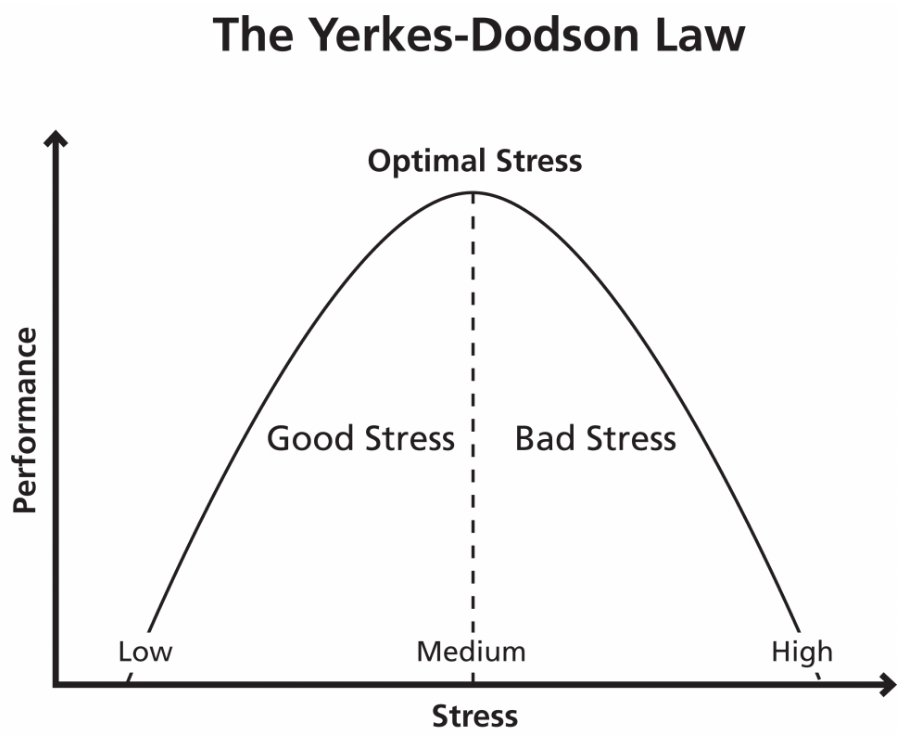Anxiety
- Created by: esunderland116
- Created on: 17-10-19 19:32
Anxiety is an unpleasant emotional state, where we fear that something bad is going to happen. People often become anxious when they are in stressful situations. This anxiety tends to be accompanied with physiological arousal (increased heart rate, shallow breathing). Much research in eye witness testimony is now focused on the effects of arousal.
Deffenbacher (1983)
Performed a meta analysis of 21 studies examining the role of anxiety in the accuracy of EWT, finding heightened anxiety tended to negatively effect the memory of eyewitnesses. This again suggests that anxiety can avert attention away from important features of a situation.
Christianson and Hubinette (1993)
Studied the recall of witnesses to real bank robberies, finding contradictory evidence, in that increased arousal led to improvements in the accuracy of recall, suggesting that anxiety-creating situations don't always divert attention from important features of a situation.
The Yerkes-Dodson Law
Deffenbacher (1983) used the inverted-U-hypothesis (originally a description of the relationship between arousal and performance) to expain how anxiety levels effect the accuracy of recall of events experienced. The IUH sees moderate amounts of anxiety as improving the detail and accuracy of memory recall up to an optimal point, after which further increases in anxiety lead to a decline in the detail and accuracy of recall.

The weapon focus effect
Witnesses to violent crimes focus on the weapon being used, rather than the culprit's face, negatively affecting the ability to recall important details.
Loftus et al. (1987)
Found that if a person is carrying a weapon, then witnesses focus on the…
Comments
No comments have yet been made